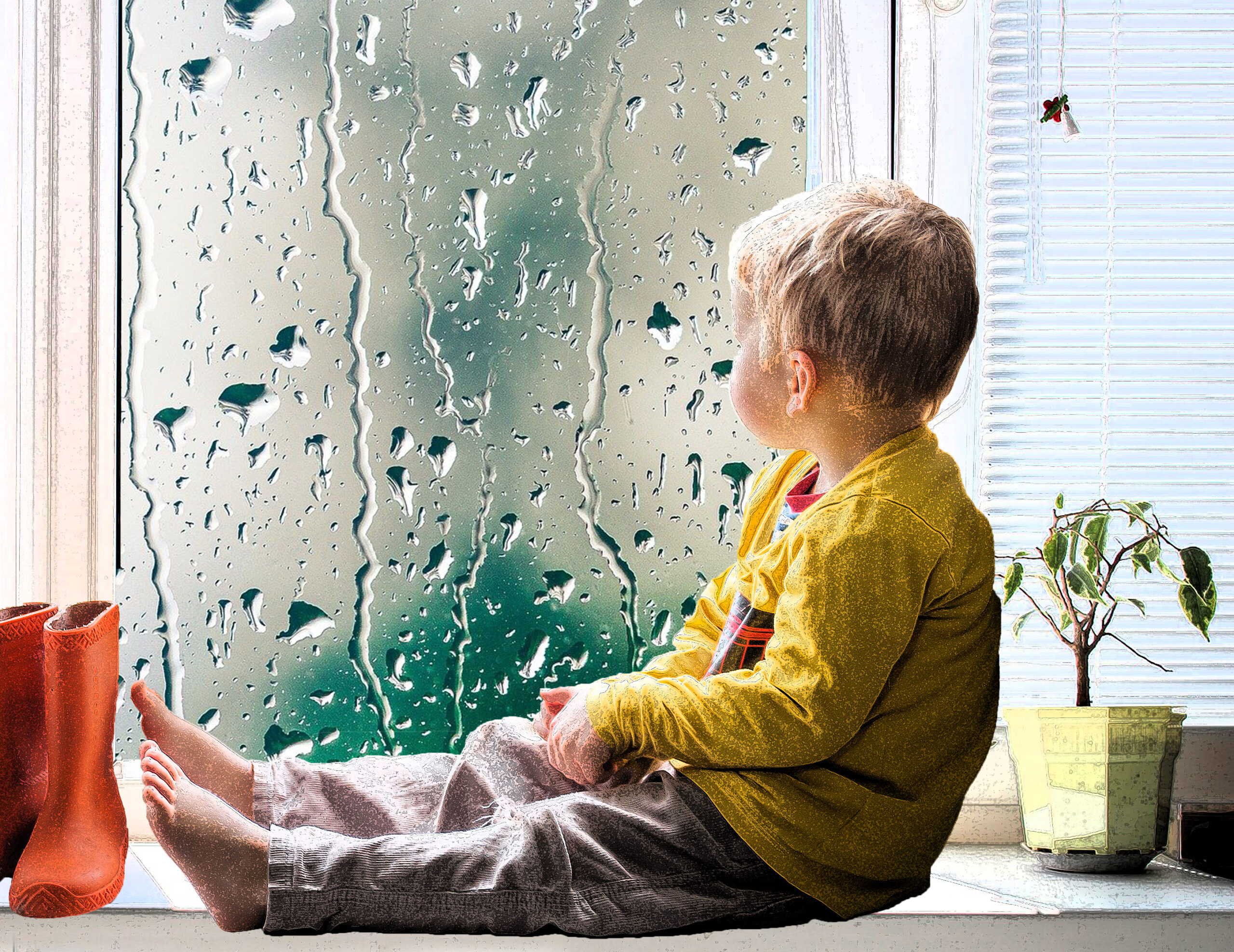
A look at the list also makes it clear that the factors do not only have one direction. Rather, they are psychological and social factors. Biological factors also play a role in the manifestation of depression. All this makes it very difficult to recognize a depression. If the suspicion is confirmed, professional help should definitely be sought! Professionals are better able to recognize, distinguish and classify the individual factors, something that is crucial for treatment.
Now, back to the question: What triggers depression? Again, the answer is: It varies from person to person. Fundamentally, people can have a biological or psychosocial vulnerability to depression. This means that they may have a genetic predisposition, physical illnesses or that they may have had unfavorable experiences growing up, for example, they might be socioeconomically disadvantaged. If a life-changing experience such as a separation, relocation or change of schools or even sexual abuse is added to the problem, depression can develop.
The problem is that it seems to the person that there is no way out. A negative underlying mood gradually changes the whole way of thinking. This in turn leads to changes in behaviour. These changes, in turn, lead to new negative thoughts and so on and so forth. A vicious circle. One that makes it clear how important it is to recognize depression early on. Of course, taking appropriate action is also important, which means: seeking professional help!
A look at the overview Seeking and finding professional help will certainly not hurt.



